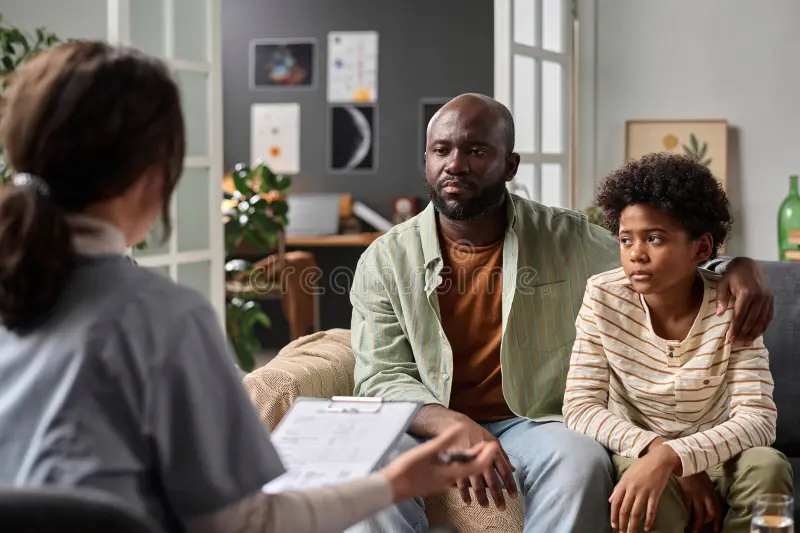24/7 Helpline:
(866) 899-221924/7 Helpline:
(866) 899-2219
Learn more about PTSD Treatment centers in Boone County

Other Insurance Options

Kaiser Permanente

Coventry Health Care

Access to Recovery (ATR) Voucher

WellCare Health Plans

Amerigroup

Cigna

Choice Care Network

Group Health Incorporated

Anthem

UMR

Holman Group

BHS | Behavioral Health Systems

BlueShield

Optum

Horizon Healthcare Service

Covered California

Evernorth

PHCS Network

Optima

UnitedHealth Group















































